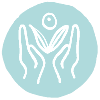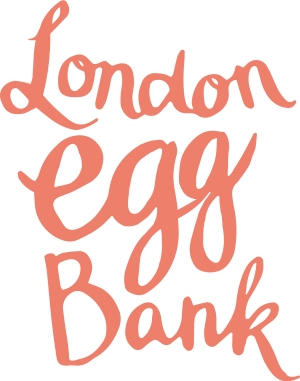FAQ
USING DONOR EGGS

Ask Us Anything About Using Donor Eggs
Find answers to the questions we’re asked about most often. If you don’t see your question here, contact us to find out more.
How long is the waiting list for donor eggs?
How many eggs will I receive from a donor?
What does it mean if an egg donor is a carrier of a genetic condition?
What is the process of IVF with donor eggs?
A recent semen analysis test will be needed if you are having treatment using your partner’s sperm. You will also meet with our dedicated Matching Coordinator to discuss the programme and any tests which are necessary.
What’s the difference between fresh and frozen egg donor cycles?
What is the success rate of IVF transfer with donor egg?
Can I use your donor eggs at any clinic?
What is the maximum age for IVF with donor egg UK?
Why are egg donations non-anonymous in the UK?
Will the donor-conceived baby look like me?
What can you tell me about my egg donor?
What medical or family history will I have access to about the egg donor?
What genetic disorders are egg donors routinely screened for?
What does it mean if an egg donor is a carrier of a genetic condition?
How do you find your egg donors?
How egg donation is regulated in the UK?
Are egg donors paid?
Do donors have any legal claim to future children?
In the UK, the person giving birth to a child is always that child’s legal mother. The donor will not be the legal parent or have any obligation to any child born as a result of a donation. So the donor will not be named on the birth certificate, will not be asked to support the child financially, or have any rights over how the child will be brought up. For more information please go onto the HFEA website: www.hfea.gov.uk
What information can a donor-conceived child find out?
What information can the donor find out about my child(ren)?
Are there any limits on the number of families that can be created using a donor’s eggs?
What should I tell my donor-conceived child?
Can an egg donor change her mind about donation?
What can I do to maximise my chance of the treatment working?
Why do the egg donors donate?
You can find out more about some of our donors by reading their stories on our blog.
Should I have IVF with donor egg in the UK or abroad?
Egg availability, anonymity, safety, cost and practicalities are among the things you should consider when you are deciding where to go for treatment. Read up on your options on where to go for treatment.
Can I use my NHS funding from another clinic at London Egg Bank for treatment with donor eggs?
How do I choose an egg donor?
Choosing an egg donor is a personal and emotional decision, dependent on the circumstances that have brought you to this point, and so our best and first advice is to take your time. Read more on how to select the right donor for you.
Get Started
You can request more information or book a free consultation with our Treatment Coordinator. This initial consultation is part of the treatment process and will guide you through each step, answer your questions, and help you explore all your options.
Select Booking Slot
Choose your preferred date below:
Your Appointment Has Been Booked
Your slot is:
Thank you for booking with us.
